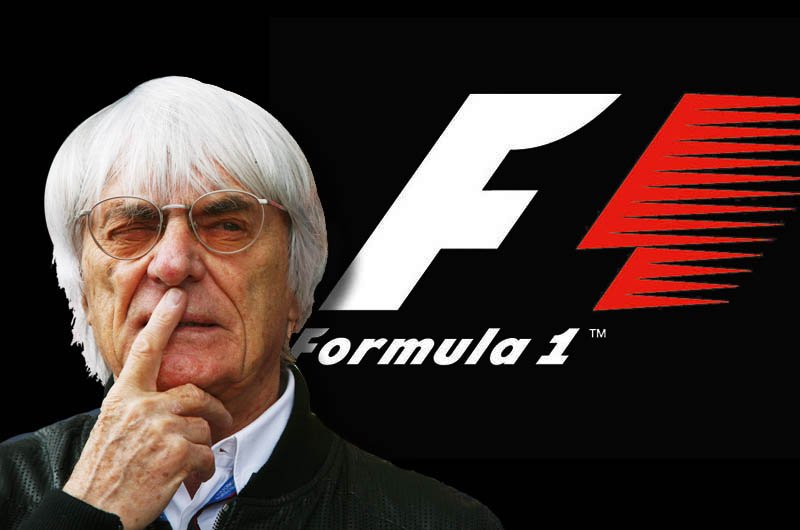Bernie Ecclestone Says F1 Global Expansion A Natural Step Forward
 |
| Ecclestone knows European countries cannot afford F1 anymore. It's the socialist way that brings everyone down to the lowest common denominator |
Rumors and talks of a possible return of F1 to Austria, France, Turkey and a proposed new road course in Greece have sparked hopes of European F1 fans that the racing series would increase its number of European races in the future and return to where it all started more than 60 years ago.
However, F1 CEO Bernie Ecclestone shut down those speculations when he said, “We have to be careful we don’t have too many events in Europe because Europe isn’t what it was, in general." Right or wrong, Ecclestone’s statement may well explain why Europe has lost its favorite motorsports series, F1, to the rest of the world in recent years. When F1 started in 1950, the championship consisted of seven races, with only one outside of Europe. Oddly enough, it was the Indianapolis 500 in the U.S. The ’13 F1 season, which will start on Sunday with the Australian Grand Prix, includes 19 races and 12 of them will be staged outside of Europe.
Ecclestone told SBD Global that F1’s global expansion is a natural step forward. He said, “I suppose it (F1) progressed in the same way as other international sports … and I don’t see any reason why it shouldn’t continue in exactly the same way. If you had asked me 20 years ago ‘what would happen,’ I probably wouldn’t have said what’s happing now. But it seems that’s how it is, and we’re going to move forward."
Ecclestone has a simple recipe for selecting new markets. He said, “It’s a case of where we believe would be the right [place] for us to be. We need the country to want Formula One, and want a big event, and us making sure it’s good for us as well. We are a world championship." With Ecclestone and F1 in an expansion mode, SBD Global takes a look at the growth opportunities during a four-part series starting with Europe and including North America, Asia and Australia.
NEW REVENUE STREAMS: A major reason for F1 to look for new markets is Europe’s struggling economy, which sees unemployment rates in motorsports-crazed countries like Spain and Italy of more than 20% and 10%, respectively.
Asked about the biggest obstacles of hosting an F1 race, Circuit de Catalunya GM Salvador Servia said, “The biggest obstacle is the economy, as the country and the whole world is immersed in a big crisis, and this makes everything more difficult."
Servia added: “An F1 Grand Prix has an economic impact of €160M ($209M) for Catalonia, and a TV impact in all the world of approximately €150M ($196M)." The big economic return of hosting an F1 race is hardly enough anymore, as even legendary racetracks such as the Nürburgring in Germany had to file for bankruptcy, which it did in October. Ecclestone, however, is not overly concerned about these developments and said that he wasn’t surprised by Nurburgring’s struggles, citing operational issues as the reason for its bankruptcy.
Despite the continent’s economic problems, Europe is still the heart of F1. All 11 teams that will participate in the ‘13 season are based in Europe; eight of them are located in the U.K. In addition, Formula One Management, the commercial rights holder of F1, has its headquarters in London. But for F1, the pulse of its following comes from Europe, with a fan base far exceeding any other parts of the world.
CONQUERING NEW TERRITORIES: Servia said, “The whole country loves motorsports." He added the Spanish Grand Prix works “because fortunately, we have lots of motorsport enthusiasts who attend the Grand Prix and the rest of the races we hold during the season, such as MotoGP. We also have the know-how and 22 consecutive years organizing Grand Prix."
Asked his opinion on F1’s push into new markets outside of Europe, Servia said: “It’s understandable to conquer emergent countries who want to project their images over the world, also because they are prosperous countries in economic terms. But it’s really important to find a balance between countries with a long tradition in motorsports in Europe and new markets abroad." HJ Mai, SportsBusiness Daily
